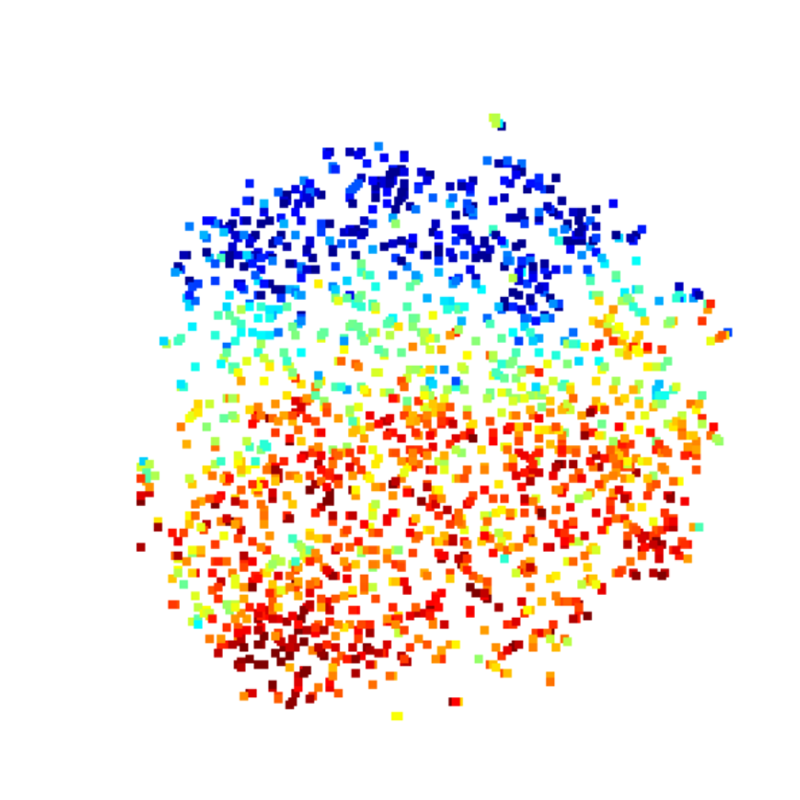In many episodes of Law & Order, prosecutors would uncover new information that forced them to rethink their theory of the case. Sometimes, they’d even drop all charges against their prime suspect. Such a dramatic turn has occurred in an investigation of dengue shock, a severe form of dengue fever. Dengue shock has been thought to be incited by overactive CD4 T cells, but according to a review of transcriptional signatures, CD4 T cells have been innocent all along.
“We found no evidence to support the common dogma that these T cells are responsible for turning a mild infection to a severe one,” said Yuan Tian, PhD, an immunology fellow and bioinformatics student at La Jolla Institute for Immunology (LJI). “This will help us narrow the search for the true culprit.”
Tian was on an investigative team led by Alessandro Sette, Dr. Biol. Sci., a professor of vaccine discovery at LJI, and Daniela Weiskopf, PhD, an instructor at LJI. The team’s goal was to define the molecular pattern of dengue-specific CD4 T cells and to investigate whether there is a difference in the T-cell response between patients with mild dengue fever or with severe dengue hemorrhagic fever.
Detailed findings appeared December 24 in the journal Cell Reports, in an article titled, “Molecular Signatures of Dengue Virus-Specific IL-10/IFN-γ Co-producing CD4 T Cells and Their Association with Dengue Disease.”
“We identified antigen-specific IL-10+IFN-γ+ double-positive CD4 T cells during acute dengue virus infection,” wrote the article’s authors. “While the transcriptomic signatures of double-positive cells partially overlapped with those of cytotoxic and type 1 regulatory CD4 T cells, the majority of them were noncytotoxic/Tr1 and included IL21, IL22, CD109, and CCR1.”
When analyzing dengue-specific CD4 T cells, the researchers realized that the responding CD4 T cells, have both a pro-inflammatory function (regulated by the cytokine interferon gamma, or IFN-γ) and an anti-inflammatory function (regulated by the cytokine IL-10) which is typically not seen in acute viral infections. To comprehensively define these dengue-virus-specific T cells in hospitalized patients, researchers used whole transcriptome analysis to determine if there was a difference in the quality of the increased response.
“Although we observed a higher frequency of double-positive cells in dengue hemorrhagic fever, the transcriptomic profile of double-positive cells was similar in dengue fever and dengue hemorrhagic fever, suggesting that dengue hemorrhagic fever is not associated with the altered phenotypic or functional attributes of double-positive cells,” the article’s authors continued. “Overall, this study revealed a dengue-virus-specific double-positive cell subset in patients with acute dengue disease and argues against altered double-positive cells as a determinant of dengue hemorrhagic fever.”
These findings are important because they improve our understanding of dengue fever—the world’s most common mosquito-borne illness. Also, they promise to narrow the hunt for an effective vaccine for dengue.
The findings also demonstrate the power of whole transcriptome analysis. In the current study, this approach was used to evaluate dengue-specific CD4 T cells obtained from patients who were being treated for either mild or for severe dengue infection. (These patients were hospitalized in Sri Lanka, where dengue fever is endemic.)
“This is a very powerful approach to detect gene expression activity because all genes upregulated in response to the virus can be identified,” noted Weiskopf, the current study’s senior author. “It is completely unbiased and does not rely on preselected genes.”
The research team, to their surprise, detected no difference in the genomic profile of dengue-virus specific CD4 T cells regardless if they isolated them from patients with mild or severe dengue infection.
“The CD4 T cell response in the severe disease does not look different so that cannot be the switch we are all looking for,” Tian elaborated. “In fact, based on some intriguing preliminary findings, we speculate that to counteract the severe immune response occurring in acute cases, these dengue-specific CD4 cells may have gradually acquired the ability to produce more IL-10 by converting IFN-γ. It is as if they are trying to calm themselves, calm the inflammation. The double-positive CD4 T cells could actually be helping, rather than hurting.”
Tian added that he hopes these findings will serve to “help guide efforts to develop effective dengue vaccines by improving our understanding of this novel T-cell response.”
Such an outcome would be most welcome. Dengue fever is spreading. Infected mosquitos have expanded beyond their established tropical and subtropical territories in South East Asia and Latin America to new continents, including Europe and the United States. More than half of the world’s population is now at risk; already, 390 million infections occur annually, according to public health experts.


